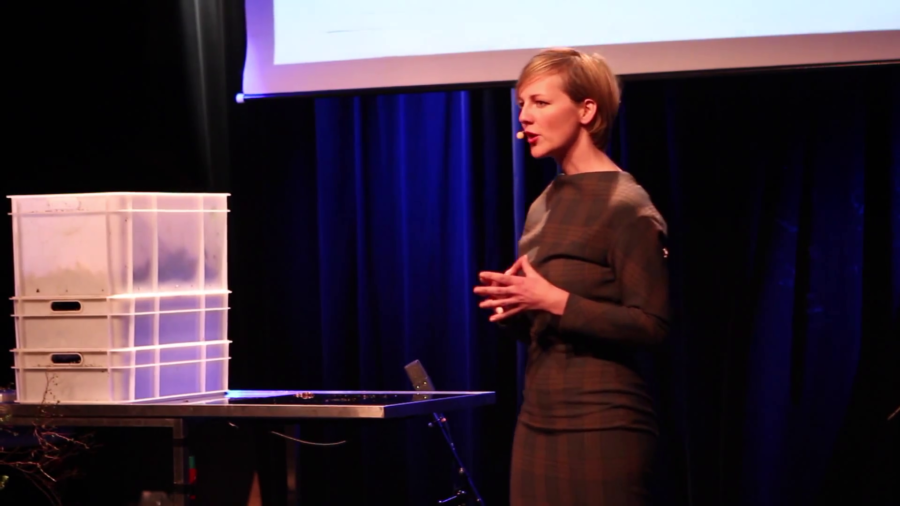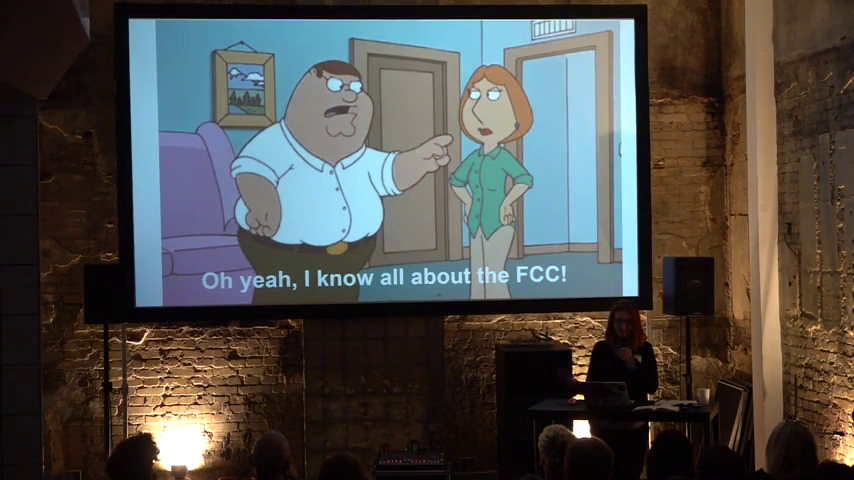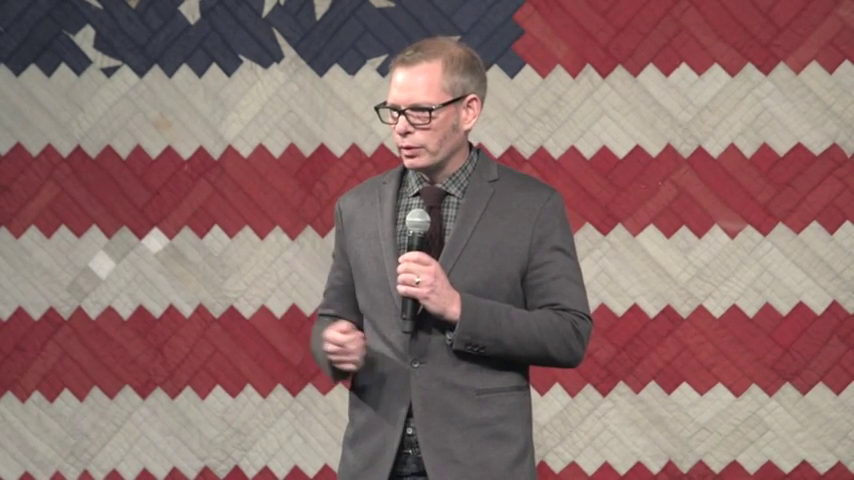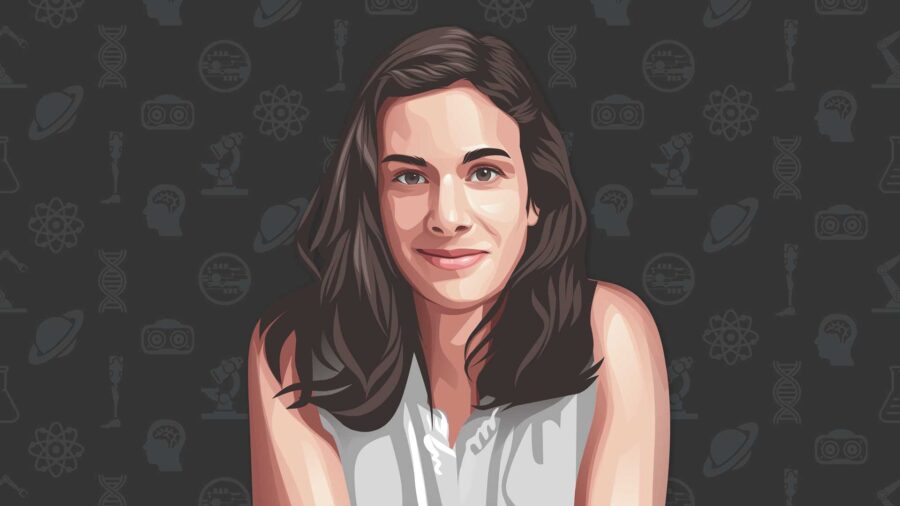We rarely think about the link between trust and progress and innovation, and how societies move forward. But when you start to think of it like that, you realize that trust is actually the key component not just for companies but any organization that wants human beings to try new things.
Archive

What I want to tell you is that in 2050 we don’t even have waste anymore. There will be no waste in 2050. Everything will be seen as a treasure, because we will have created what some smart people call a circular economy.

What I want to talk to you about is this idea of machines governing things. And one particular thing that I see governed by the machines is the radio spectrum. That’s an example where I see this kind of regulation can work, and I guess the most radical thing about it is that I think a robotic regulator can actually bring more human values to its regulation.

I think there’s an unprecedented opportunity to change our relationship with political power. And I don’t think we need to be afraid of it. I don’t think we have to compromise our core principles in order to do it.
In the future, we have to change the way we look at consumption. That’s why I’m such a big proponent of the sharing economy. Because it’s not an issue of if it’s going to happen, it’s when it’s going to happen. And I’d rather people voluntarily adopt it now and start realizing the benefit of it now while we’re still in this kind of relative land of plenty, than be forced into it later when all of a sudden there’s not enough water to cover Phoenix anymore because it’s a huge city in the middle of a desert and they have to go on water rationing.

